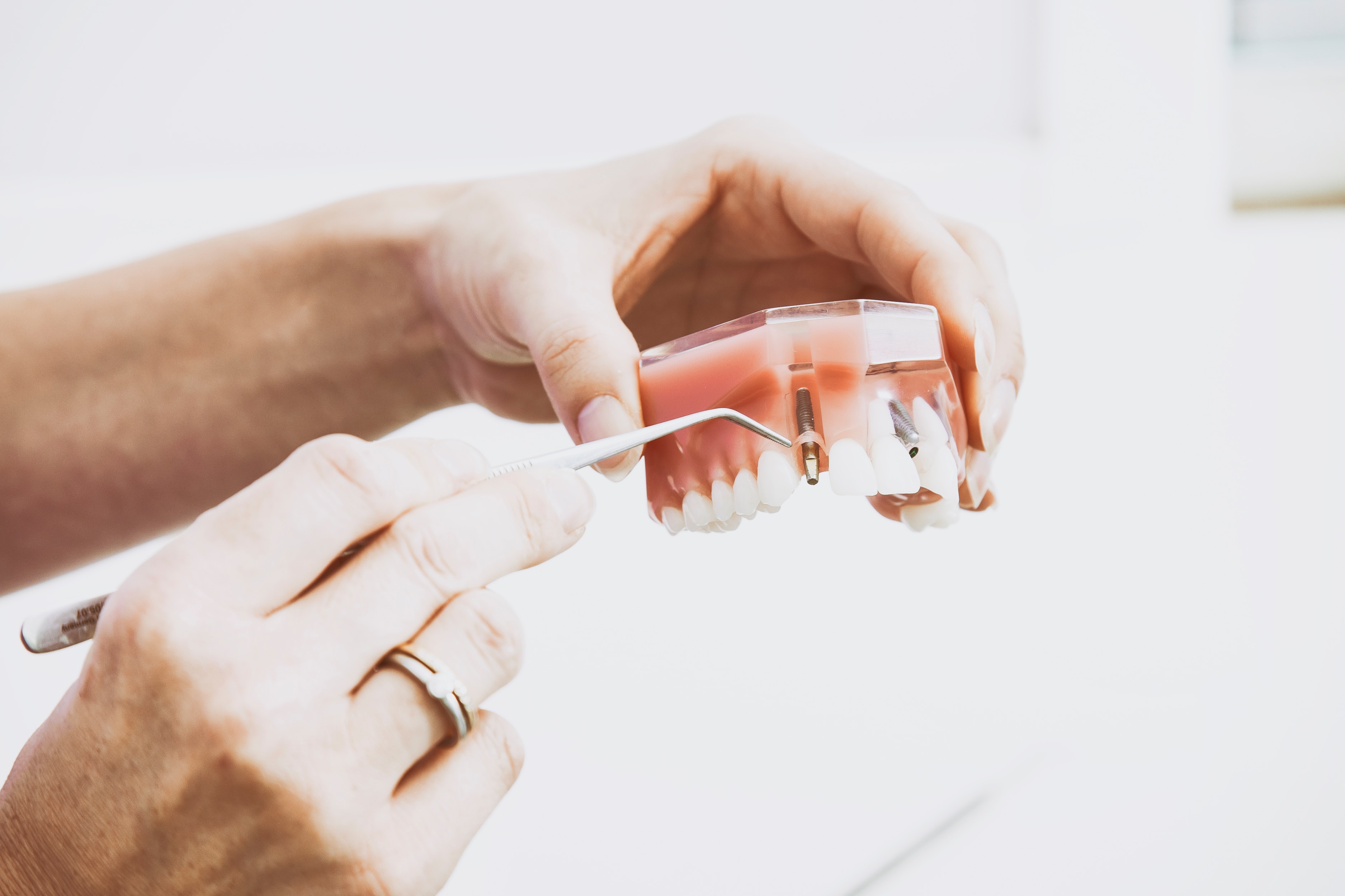A beautiful smile is important not only due to aesthetics but because of health too. Contaminated city water, lack of vitamins, lack of hygiene, and stress are all leads to the fact that you have to go to the dentist not only for new fillings but also for new teeth. Since dental implants are the most perfect way to replace lost teeth, we together with dentists decided to find out all the nuances of the procedure.
What Is an Implant?
An implant is a titanium pin that is surgically inserted into the jawbone. After the implant fuses with the bone, a ceramic crown is attached to it which imitates the upper part of the tooth. Compared with the prosthesis, the implant is more perfect because it does not loosen and does not need to be supported by adjacent teeth.
Are There Any Contraindications to Dental Implants?
Any medical intervention has contraindications. For getting titanium teeth implants, the list is quite large. It includes bleeding disorders, oncology, disorders of the immune system, insulin-dependent diabetes, sexually transmitted diseases, and osteoporosis.
Before the procedure, you will have to cure your teeth and gums, stop smoking and drinking alcohol for 2 weeks, avoid aspirin and other blood-thinning drugs for a week. If a woman is pregnant, it is better to wait until the baby is born, due to the unsafe effects anesthesia may have on the fetus.
What Medical Examinations Do You Need to Undergo?
In the absence of chronic diseases, the examination includes a standard list of diagnostic procedures which include general blood and urine tests, glucose tests, HIV tests, syphilis, hepatitis B and C, and hormone levels. But the list may be expanded. In the presence of diseases of the cardiovascular system, a consultation with a cardiologist, ultrasound of the heart, and daily monitoring of blood pressure are usually prescribed.
How Is the Procedure Performed?
Dental implants can be installed in several ways, the only difference is the timing. The most common is the two-stage implantation. First, an implant is installed and after 3-4 months, a ceramic crown is placed. This method is best suited when the patient has a weak immune system, signs of osteoporosis of the jaw bone, or inflammation has been detected in the implant area.
One-stage implantation allows you to get a beautiful smile instantly. The only negative downside is that until the implant and bone tissue are fused, what takes 4-6 months, you will have to be with a temporary crown.
How Is the Recovery Process?
The main thing to observe during recovery is to minimize the load on the implants for the first 3 days in order to speed up the recovery process. You can eat 3 hours after the operation, excluding hot and cold foods, hot coffee and black tea. It is better to give preference to warm mashed soups, soft cottage cheese, yogurts, herbal tea, and water. Drinking alcohol is prohibited for the entire recovery period as in combination with antibiotics it can be life-threatening.
You can use a soft toothbrush after 3-5 days when inflammation and swelling decrease. Until that moment, just gently rinse your mouth with pharmacy saline. In the next month after implantation, it is also worth abandoning physical activity, visiting baths, saunas, and pools. Antibiotics and antihistamines will be prescribed to reduce tissue swelling and painkillers to relieve soreness.

